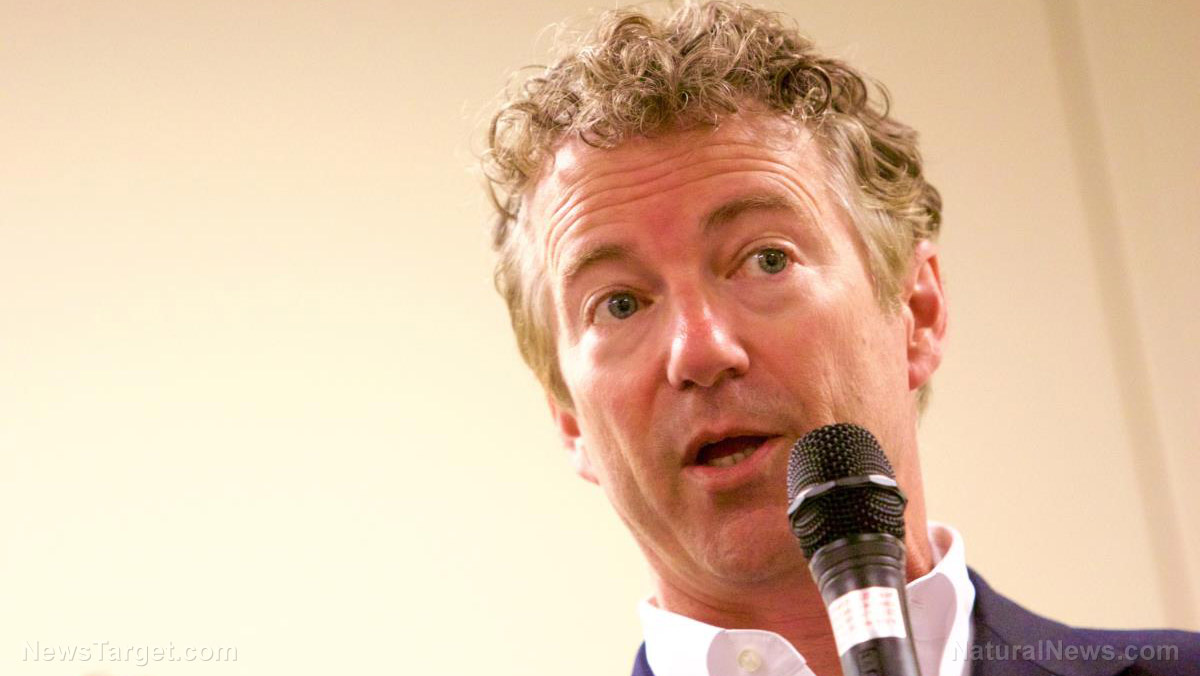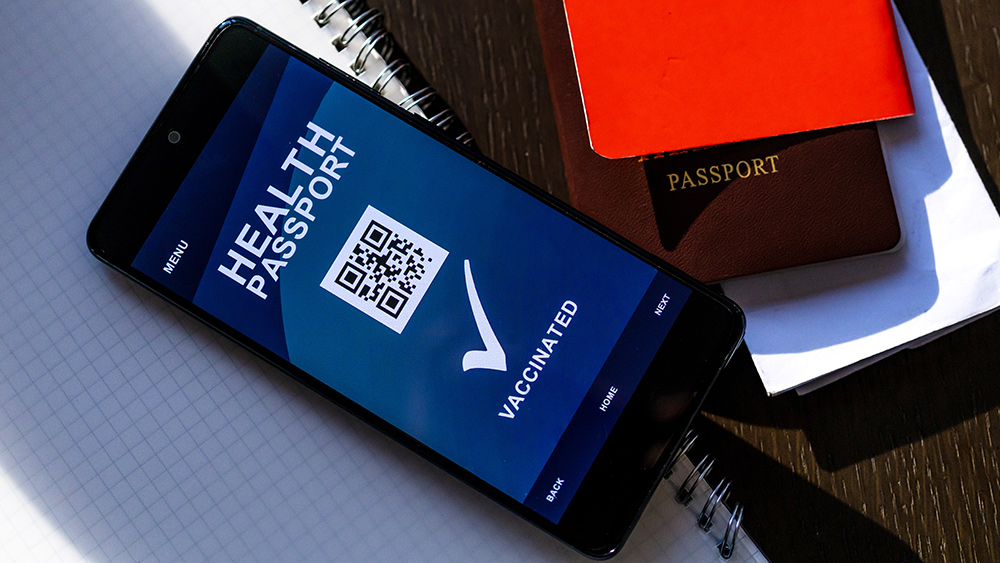Vaccine passports pose data privacy risks UK Information Commissioner
01/29/2021 / By Arsenio Toledo

The head of the U.K. Information Commissioner’s Office has warned the government that Wuhan coronavirus (COVID-19) vaccine passports could pose data privacy risks and create artificial divisions in society between those who have received their shots and those who haven’t.
The U.K. parliament’s Digital, Culture, Media and Sports Subcommittee on Online Harms and Disinformation asked Information Commissioner Elizabeth Denham regarding the possibility of using “special passports” that can inform travel authorities of whether somebody has received the coronavirus vaccine. This would allow those who have been inoculated to travel more freely than those who haven’t.
Denham answered that while such a scheme is possible, there are two significant concerns regarding its implementation.
First, Denham warned that creating a vaccine passport would create a “two-tier system” in society. This would grant people who have received the coronavirus vaccine more freedoms than those who have not. As such, a significant portion of society would suddenly be discriminated against due to their reluctance or inability to get vaccinated. (Related: Here it comes: If you want to board a plane or travel internationally, you’re going to have to have a COVID “vaccine passport.”)
“They touch on human rights,” she said, regarding the passport. “They touch on whether or not we’re going to create a two-tier society based on whether you have a jab in the arm, and the concerns over whether or not this is ‘identity by the back door.'”
Secondly, Denham is concerned with the potential criticisms the vaccine passport would face regarding the necessity of sharing private health data with the government.
“We’re talking about personal health information, which is a special category of data that requires controls,” she said.
Denham concluded that while she believes some good can come from using vaccine passports, it will only work if the British public trusts the government and trusts the system it has put in place to keep health data secure.
“People have to trust the government when they bring in these initiatives to understand what’s the purpose, to narrow it as much as possible and make sure at the end of the day, that their civil liberties, human rights and data protection are respected.”
At least eight British companies have already been awarded government grants to develop a scheme for rolling out vaccination passports. The projects, which are worth a total of £ 450,000 ($617,900), are supposed to allow British citizens to securely carry digital proof of their coronavirus vaccinations. The British government hopes that this scheme can help revitalize an appetite for international travel.
“Vaccine passports” already a de facto reality in many countries
Even as the U.K. mulls their use, vaccine passports have already become a reality in many countries. These nations believe having a complete vaccination record can better protect their territories against another coronavirus outbreak.
For countries like Seychelles, Romania and Cyprus, visitors who are able to present proof that they have received the two doses of the coronavirus vaccine can get their quarantine requirements waived. Other countries like Iceland and Hungary grant similar privileges to people who’ve recovered from COVID-19.
Business groups, primarily those invested in restarting the tourism and airline industries, are now raising the prospect of using proof of vaccination or recovery as a kind of “golden ticket” that can help give new life to these industries.
While the mandatory use of vaccine passports may start with the travel and tourism industries, if its implementation is successful its use can be expanded to include restaurants, bars, cinemas and other entertainment and leisure facilities that have been closed down for most of 2020.
Some tech companies like IBM are already attempting to capitalize on the proposed vaccine passports by developing apps where individuals can upload their COVID-19 test or vaccination details. This may make it easier for businesses in the travel, tourism, leisure and entertainment industries to become profitable ventures once again.
But as Denham pointed out, it will inevitably lead to a society with two tiers – the vaccinated and the unvaccinated, with the former group being given significantly more leeway regarding where they can spend their leisure time.
Unfortunately, without significant pushback, it appears unlikely that these issues will be resolved soon, as many world leaders and international organizations, including the United Nations, are committed to both the vaccine rollout and the adoption of vaccine passports.
Zurab Pololikashvili, Secretary-General of the United Nations World Tourism Organization, called for the creation of vaccine passports as part of a set of measures to help get the tourism industry in motion once again.
“The rollout of vaccines is a step in the right direction,” he said during a meeting of the UNWTO’s Global Tourism Crisis Committee in Madrid. “But the restart of tourism cannot wait. Vaccines must be part of a wider, coordinated approach that includes certificates and passes for safe cross-border travel.”
Learn more about how business groups and international organizations are attempting to further justify the use of coronavirus vaccines by reading the latest articles at Vaccines.news.
Sources include:
Tagged Under: coronavirus, coronavirus vaccine, coronavirus vaccine passport, covid-19, discrimination, Flu, government, infections, outbreak, pandemic, superbugs, tourism, travel, vaccine passport, vaccines, virus
RECENT NEWS & ARTICLES
COPYRIGHT © 2017 VACCINE JIHAD





















